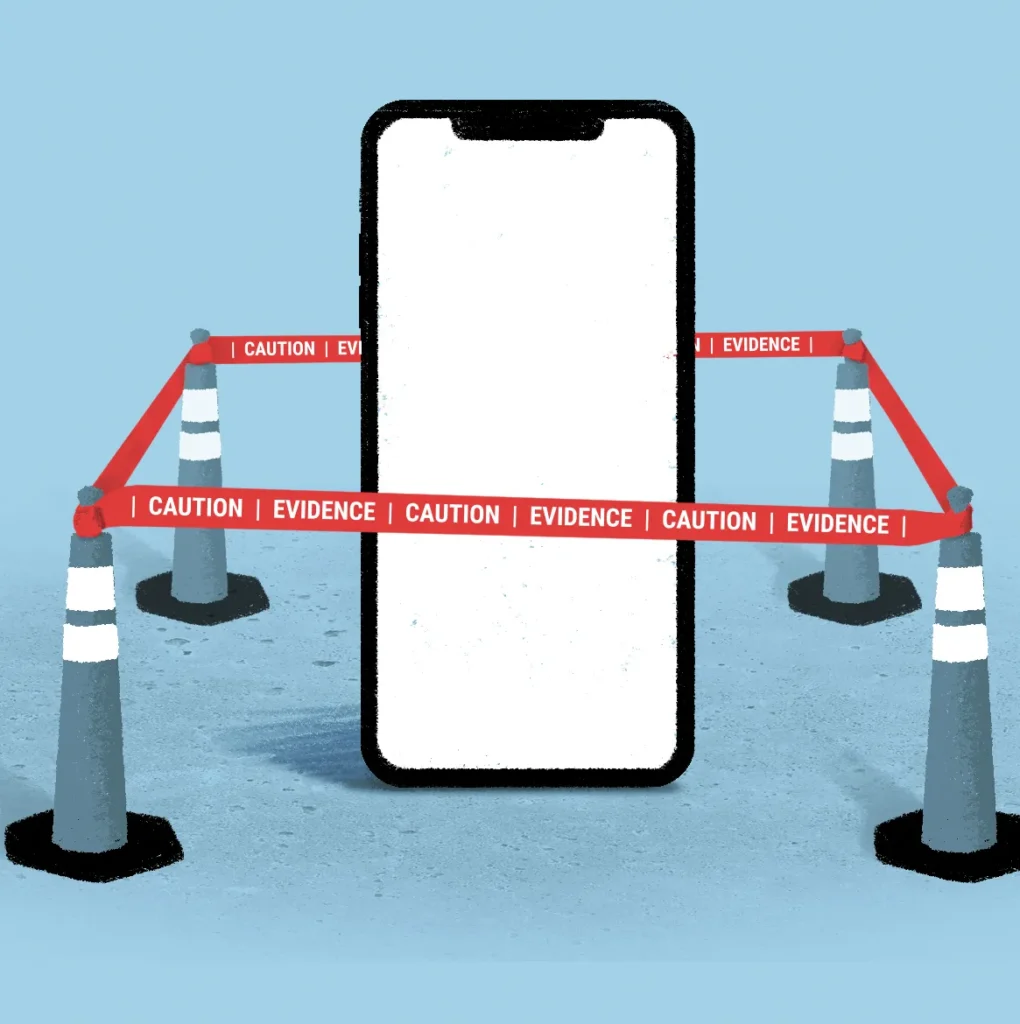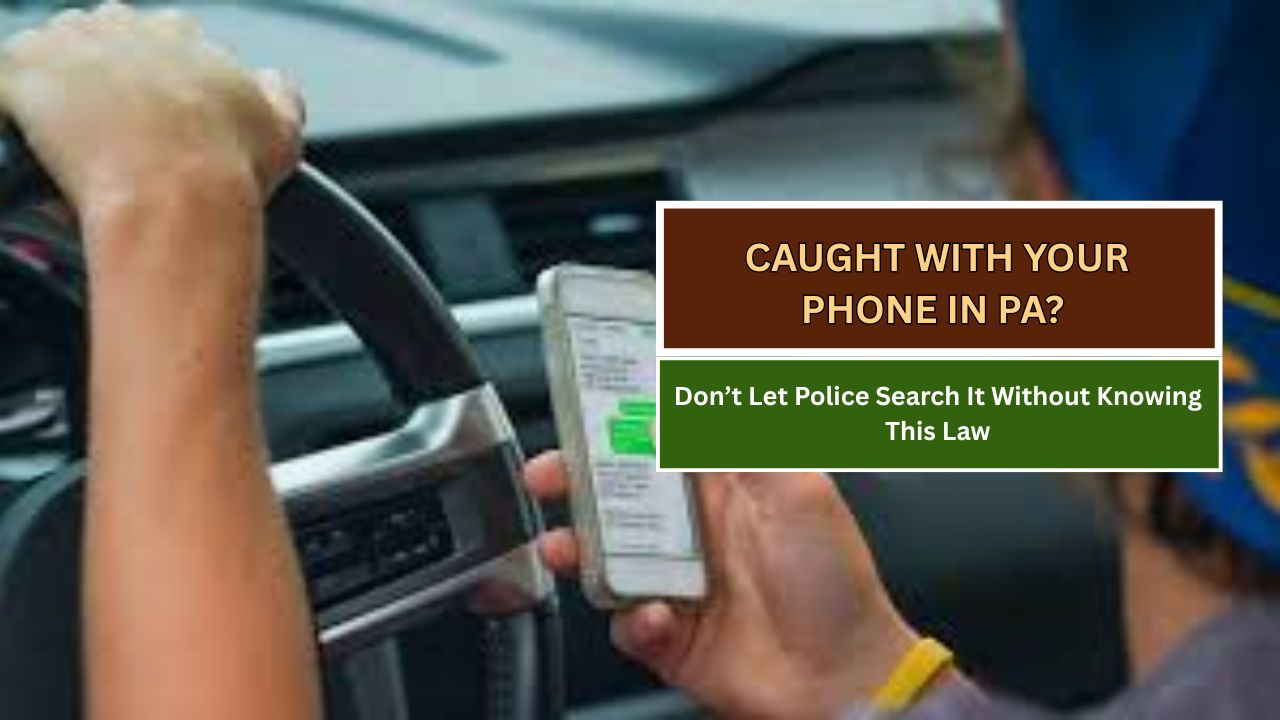Understanding your rights during a traffic stop and how to protect your digital privacy in Pennsylvania
In an era where smartphones carry vast amounts of personal data—photos, emails, banking details, health records, and more—the question of privacy during routine encounters with law enforcement has never been more critical.
If you’re pulled over by police in Pennsylvania, can they search your phone without a warrant or your consent? The short answer is no—your digital privacy is protected by both federal and state law.
What the Constitution Says About Phone Searches
Under the Fourth Amendment of the U.S. Constitution, individuals are protected from “unreasonable searches and seizures.” This legal protection extends to digital devices like smartphones, which courts have recognized as containers of deeply personal information.
This right was further strengthened by the landmark 2014 U.S. Supreme Court decision in Riley v. California, where the Court unanimously ruled that police must obtain a warrant before accessing the contents of a phone, even if the individual is arrested.
📖 Read more: Supreme Court Decision – Riley v. California (Oyez)
Pennsylvania’s state constitution—specifically Article I, Section 8—offers similar or even greater protections against warrantless searches.
During a Traffic Stop: What Police Can and Cannot Do
In most routine traffic stops, police do not have the authority to search your phone unless:
- They have a valid search warrant
- You give explicit consent
- Exigent circumstances exist (e.g., an immediate threat to public safety or risk of evidence destruction)
🚨 Simply holding your phone while driving—while it may violate distracted driving laws—does not give police the right to search your device.
Your Rights: How to Respond If Asked to Unlock Your Phone
If an officer asks to look through your phone, here’s how you can respond:
- Do not consent to a search unless presented with a warrant.
- Politely decline to unlock the phone or provide passwords.
- Ask for legal counsel before answering further questions.
Example response:
🗨️ “I do not consent to a search of my phone. I’d like to speak to an attorney.”
⚠️ If you voluntarily unlock your phone or hand it over, courts may consider it valid consent, weakening your legal protections.

New Law: “Paul Miller’s Law” and Distracted Driving in PA
On June 5, 2025, Pennsylvania will enforce Paul Miller’s Law, named after a man tragically killed by a distracted driver. This legislation prohibits drivers from holding or using handheld devices while operating a vehicle, including while stopped at red lights or stop signs.
The law permits hands-free use only, and violations carry a $50 fine.
📄 Official details: Paul Miller’s Law (Governor’s Office)
While the law empowers police to stop and cite drivers using handheld phones, it does not override the requirement for a warrant to search a device’s contents.
Final Takeaway: Know Your Rights and Protect Your Privacy
- Police cannot search your phone during a traffic stop without a warrant, consent, or exigent circumstances.
- You have a constitutional right to decline a search.
- Distracted driving laws do not equate to digital search permission.
Your smartphone is essentially a gateway to your personal life—and it’s protected by the law. Knowing your rights and how to assert them calmly and confidently is essential during any police interaction.
For further reading and legal resources, visit:
- American Civil Liberties Union (ACLU) of Pennsylvania
- Pennsylvania General Assembly – Legal Statutes
- U.S. Courts: Your Fourth Amendment Rights
This article has been carefully fact-checked by our editorial team to ensure accuracy and eliminate any misleading information. We are committed to maintaining the highest standards of integrity in our content.

Outside of work, he enjoys playing chess, following cricket, and writing short stories. His commitment to integrity and in-depth analysis strengthens OTE News’ mission of providing trustworthy journalism.




